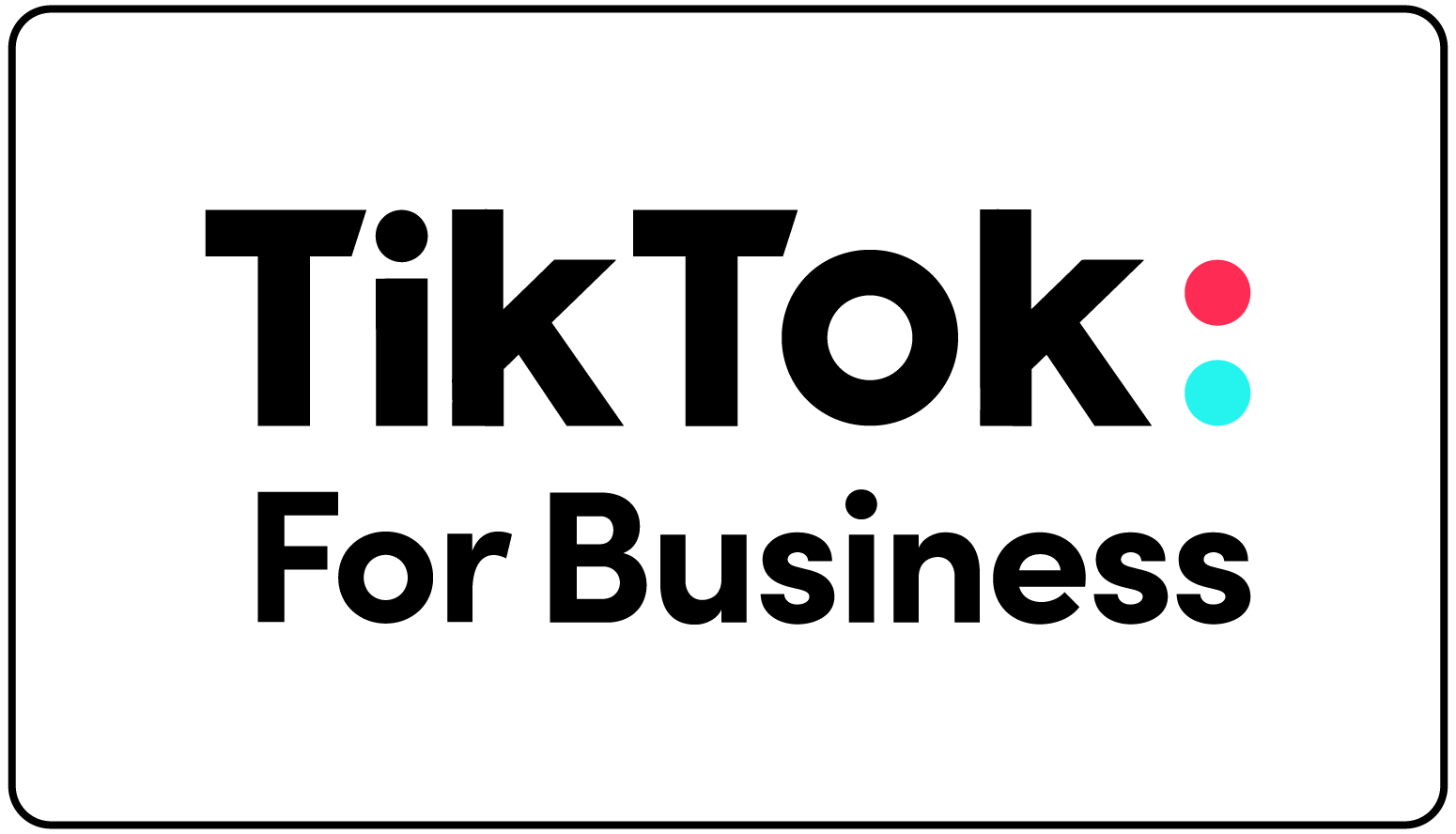Operating ads at scale on Facebook and Instagram require data-driven decision-making in a highly dynamic environment. Facebook is continuously releasing new ad features and changing the algorithm, and Facebook reps have told us to expect daily variance in the range of 40% (20% up or down) due to factors beyond anyone’s control.
On top of that platform change are sometimes daily adjustments we as ad operators make to optimize ad performance, manage budgets, and implement tests.
Understanding how those macro changes (“how did the platform perform last week?”) create context to help us more clearly discern performance is the first reason why we built custom software that we call Matchnode DS (‘Decision Support’).
The second reason we have made a significant investment in building the DS is to understand and precisely track all changes we make in each account, while creating a historical record of those changes.
We can both manually annotate changes that affect performance (a Matchnode teammate marks the day the Bulls traded for Otto Porter Jr to see how the win streak affected Return on Ad Spend (ROAS) for the 10 days before and after the trade) and automatically track changes (“budget increased for a campaign from $400 to $500”).
The result of using Matchnode DS for a particular ad account is (1) more precise data-driven decisions, (2) a clearer historical record of all ad changes and associated performance, and (3) improved performance based on the KPI of interest.
Leveraging Facebook Ads API
How do we do it? We use the Facebook Ads API to pull out all ad data into a MySQL database. We then use custom data science and formulas to transform the data into the sort of analysis we need. From there we use Tableau to display and visualize the data so that we can understand platform performance and to clearly track and communicate the tests we are running for clients.
There is a class of tools emerging that boast of “AI for paid social” or “machine learning for Facebook ads”. What we have seen so far is that all of these tools require a lot of human intervention and they are not at the phase of turning over all decision-making to an algorithm.
As such, we built the DS to support the decisions of our ad operators, to make our team more efficient and better prepared to design the next test to move our clients’ business forward. Having this baseline of a growing database and a historical record of tests speaks to our data-driven culture and assures that Matchnode will stay ahead of the curve as it relates to the future of paid social advertising.
Some of our favorite clients asked about custom report tools in our discovery discussions. The fact is, most digital agencies say they are data driven, but we at Matchnode are putting our money where our mouth is in the DS. Along with “paid social DNA” and “strategy first,” being data driven is one of the three key ways in which we are different from most advertising agencies.
The DS shows Matchnode’s commitment to being truly data driven. Most importantly, this enables more consistent and better decisions, which ultimately drives revenue and profit for our clients.

